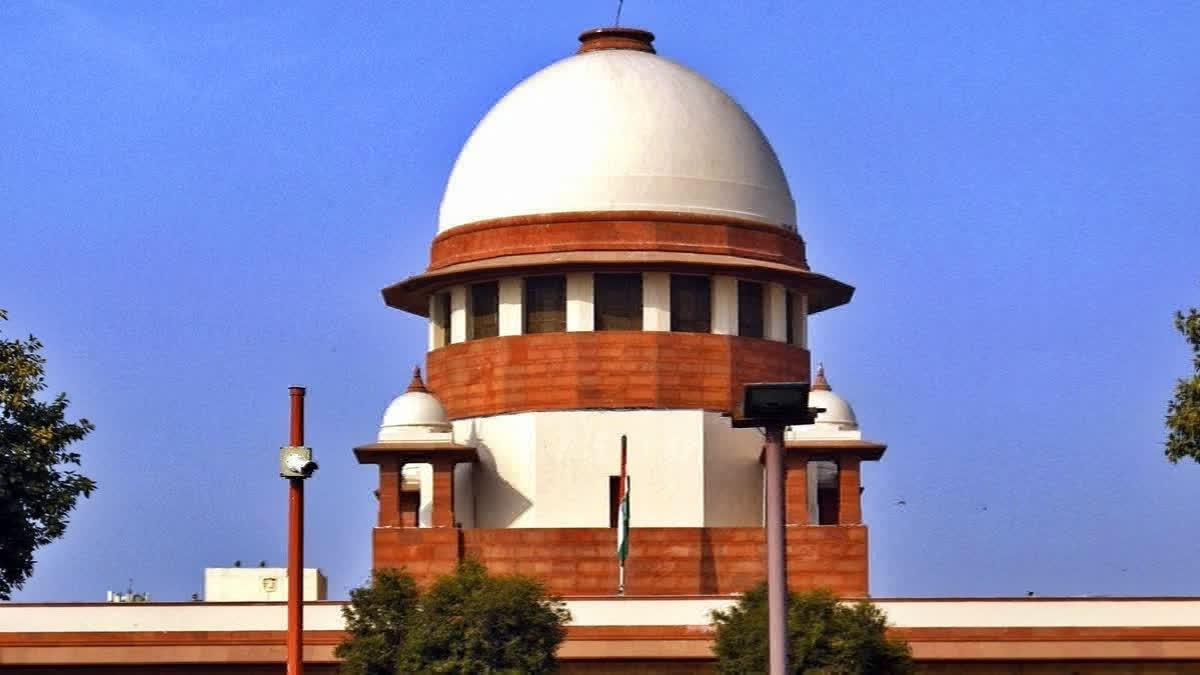New Delhi: The Supreme Court Wednesday directed the Union Ministry of Home Affairs to prepare in three months a comprehensive manual regarding the nature of disclosure in media briefings, and also directed all the Director General of Police (DGPs) to communicate to the Ministry of Home Affairs (MHA) their suggestions on guidelines.
A bench led by Chief Justice of India D Y Chandrachud and comprising Justices P S Narasimha and Manoj Misra said that media trial affects the administration of justice and stressed on the sensitization of police officials while adding that at what stage details of the probe can be revealed needs to be decided.
The Chief Justice said the disclosure made by the police during media briefings should be objective in nature and not of subjective nature having a bearing on the guilt of the accused. The bench noted that the media trial is an important issue as it involves victims’ interest, and evidence collected in the matter, and also regarding an accused there is a presumption of innocence unless he is proved guilty, and the media report should not impinge upon the reputation of the accused.
The top court said that biased reporting also gives rise to public suspicion and in some cases, the victim may be a minor, therefore it is important that the privacy of the victim should not be affected. The fundamental rights under Articles 19 and 21 of an accused and victims cannot be impacted.
The top court said an important aspect is the propriety and procedure to be followed by police personnel for media briefings. It noted that media reporting on matters involving the commission of crimes involves several aspects of public interest and at the basic level the fundamental right to free speech and expression is directly involved, both in terms of the right of media to portray and disseminate views and news.
Also, the modalities have to be followed by police in conducting media briefings where a criminal investigation for an alleged offence is in progress, said the Chief Justice, flagging issues for MHA.
The National Human Rights Commission (NHRC) has also been impleaded in the matter for providing assistance to the court. The apex court order came on a batch of pleas led by the NGO, People’s Union for Civil Liberties (PUCL). PUCL has sought guidelines for media coverage of criminal cases. Amicus curiae Gopal Sankaranarayan is assisting the court in the case.
Also read: Supreme Court declines to entertain Asaram Bapu's plea seeking suspension of sentence in rape case
Also read: SC extends former Delhi minister Satyendar Jain’s interim bail till September 25



